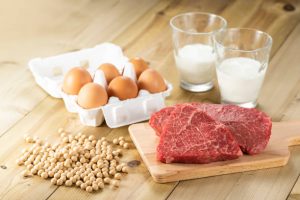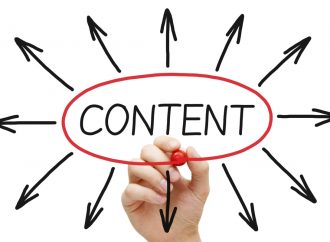According to the American Kidney Fund, more than one in seven individuals have chronic kidney disease (CKD), yet the majority don’t become aware of their ailment until it is well along. A balanced diet may help to avoid it a lot. Even if you haven’t been given a CKD diagnosis, it’s a good idea to
According to the American Kidney Fund, more than one in seven individuals have chronic kidney disease (CKD), yet the majority don’t become aware of their ailment until it is well along. A balanced diet may help to avoid it a lot.
Even if you haven’t been given a CKD diagnosis, it’s a good idea to safeguard your kidney health because the late-stage renal disease can lead to a buildup of waste in your body and some other health concerns like gout, bone disease, and heart disease.
One of the most crucial things you can do to avoid or treat CKD is to maintain a balanced diet. What you should know about eating to maintain kidney health is provided here.
How nutrition affects kidney health
Tiny blood veins in the kidneys assist filter waste and excess water from the blood and eliminating them from the body. If you have CKD, your kidneys can’t filter your blood as effectively, which leads to an accumulation of extra waste in your body.
One of the two main causes of kidney disease is diabetes, and the other is hypertension (high blood pressure). The blood vessels in the kidneys can get damaged by high blood pressure and uncontrolled diabetes, making it impossible for the organs to operate normally.
According to Maruschak, maintaining a balanced diet can help you prevent or manage illnesses like diabetes and high blood pressure. This supports your kidney in turn.
Dietary guidelines for kidney health
A kidney-healthy diet should be abundant in fruits, vegetables, whole grains, low-fat dairy products, and lean meats while being low in salt, cholesterol, and fat. Here are some dietary changes you may make to keep your kidneys healthy.
Portioning your food
Applying the portion approach to every meal as a general rule: Half of your plate should be composed of fruits and vegetables, followed by one-fourth lean protein and one-fourth entire grains.
Reduce your salt consumption
Sodium can be found in a lot of unexpected areas, notably packaged meals like soups and pieces of bread. Limiting your sodium consumption can help you maintain healthy blood pressure levels. It is recommended to aim for 2,300 mg per day or roughly 1 teaspoon of table salt.
Beware of protein

When you consume protein, your body creates waste that your kidneys filter. Although a balanced diet should contain enough amounts of protein, eating too much protein might strain your kidneys.
If you already have CKD, your doctor will probably advise a lower-protein diet, even though more research is needed to determine the impact of a high-protein diet on overall kidney function.
Whether or not you have CKD, choosing healthy protein sources and paying attention to your portion levels might be beneficial. The following are the best sources of protein:
- Skinless poultry, fish, or lean meat
- Eggs
- Dairy (one amount of yogurt, milk, or cheese equals one ounce)
- Beans, chickpeas, lentils, and peas (a serving is equal to 1/2 cup)
- Nuts (1/4 cup is one portion)
Select complex carbohydrates over simple ones

Your body’s main source of energy is carbs. The fiber-rich carbohydrates found in fresh foods support gastrointestinal and heart health as well as normal blood sugar levels.
Simple carbohydrates, on the other hand, can cause a blood sugar spike and raise the risk of obesity, type 2 diabetes, and heart disease. Examples include added sugars in desserts, sweetened beverages, and many packaged foods.
You should limit sweets and foods that contain added sugars as part of a balanced diet (read the label — they can be found in a lot of unexpected places, such as fruit yogurt). Whole grains, fruits, vegetables, legumes, beans, and lentils are examples of healthy carbohydrate options.
Avoid trans-fat and limit saturated fats
Saturated and trans-fat-rich diets raise the risk of heart disease, and kidney damage is a direct result of heart disease.
As the heart continuously pumps blood throughout the body and the kidneys continually filter the blood to remove waste materials and extra fluid from the body, heart health, and kidney health are intertwined.
Track your alcohol consumption
Alcohol can damage your kidneys in some ways. Your kidneys must filter this waste material from your blood, which reduces their effectiveness. It dehydrates you, which can interfere with your kidneys’ capacity to control your body’s water balance.
Your liver function may have an impact, which may have an effect on blood flow to the kidneys and eventually cause CKD. Furthermore, drinking a lot of alcohol has been linked to a higher risk of high blood pressure. It can result in renal damage.


















Leave a Comment
You must be logged in to post a comment.